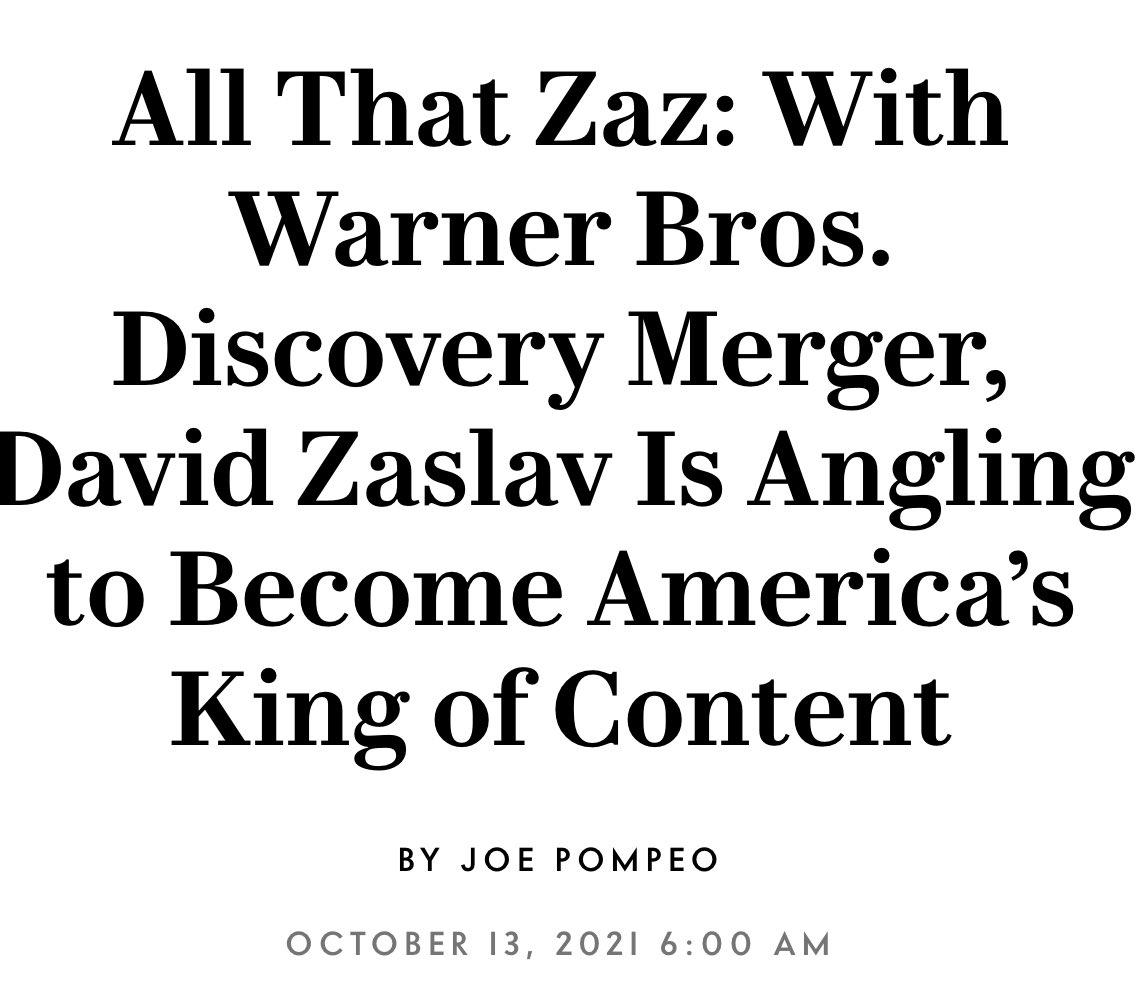
1/ A highly maneuverable weapons delivery system (i.e., a missile) moving at hypersonic speed from a polar low earth orbit can be countered by a global system of thousands of sensors also operating a low earth orbit that can direct anti-missile systems. google.com/amp/s/amp.ft.c…
2/ The assertion by FT that hypersonic weapons development is something that US and other nations have not been aware of isn't remotely credible. The people who actually do understand hypersonic weapons can't talk about them, because that is the nature of a security clearance.
3/ That a person is being quoted in a well-known publication doesn't mean they understand what they are talking about. This story about hypersonic weapons is just one example. By thinking independently you have an opportunity to avoid the Murray Gell-Mann amnesia effect. 

4/ "Space Development Agency (SDA) and Missile Defense Agency (MDA) are developing sensor satellites in low orbits to detect and track maneuvering hypersonic glide vehicles. L3Harris and SpaceX are making wide-field-of-view missile tracking satellites." spacenews.com/space-force-do…
5/ That FT has knowledge of all existing sensor-based networks is as unlikely as the sources quoted fully understanding the current status of hypersonic missle deployment and tracking.
Only the no idea part is correct: "We have no idea how they did this,' said a fourth person."
Only the no idea part is correct: "We have no idea how they did this,' said a fourth person."
6/ There are many deployed and in development US defense and intelligence systems for which revealing their existence would be counterproductive. This will always be true. Sometimes there is limited disclosure, for example, if there is enough circumstantial evidence. It depends. 

7/ In 2019: "SpaceX may have just “completely changed our ability” to sense threats against America using satellite clusters in space."
“Holy smokes. Talk about being able to move the ball,” Air Force Gen. O’Shaughnessy
That's just some of what's public
google.com/amp/s/www.al.c…
“Holy smokes. Talk about being able to move the ball,” Air Force Gen. O’Shaughnessy
That's just some of what's public
google.com/amp/s/www.al.c…
8/ How many 3,000 kg hypersonic weapons can be launched by the US into LEO orbit in a single Starship?
In calculating an answer, use a baseline assumption that Starship can deliver 100 metric tons to LEO, even though tonage may be higher and multiple Starships can be launched.
In calculating an answer, use a baseline assumption that Starship can deliver 100 metric tons to LEO, even though tonage may be higher and multiple Starships can be launched.

9/ "Chinese Foreign Ministry spokesperson Lijian said the launch involved a spacecraft rather than a missile and was of “great significance for reducing the use-cost of spacecraft and could provide a convenient and affordable way to make a round trip." msn.com/en-us/news/wor…
• • •
Missing some Tweet in this thread? You can try to
force a refresh






